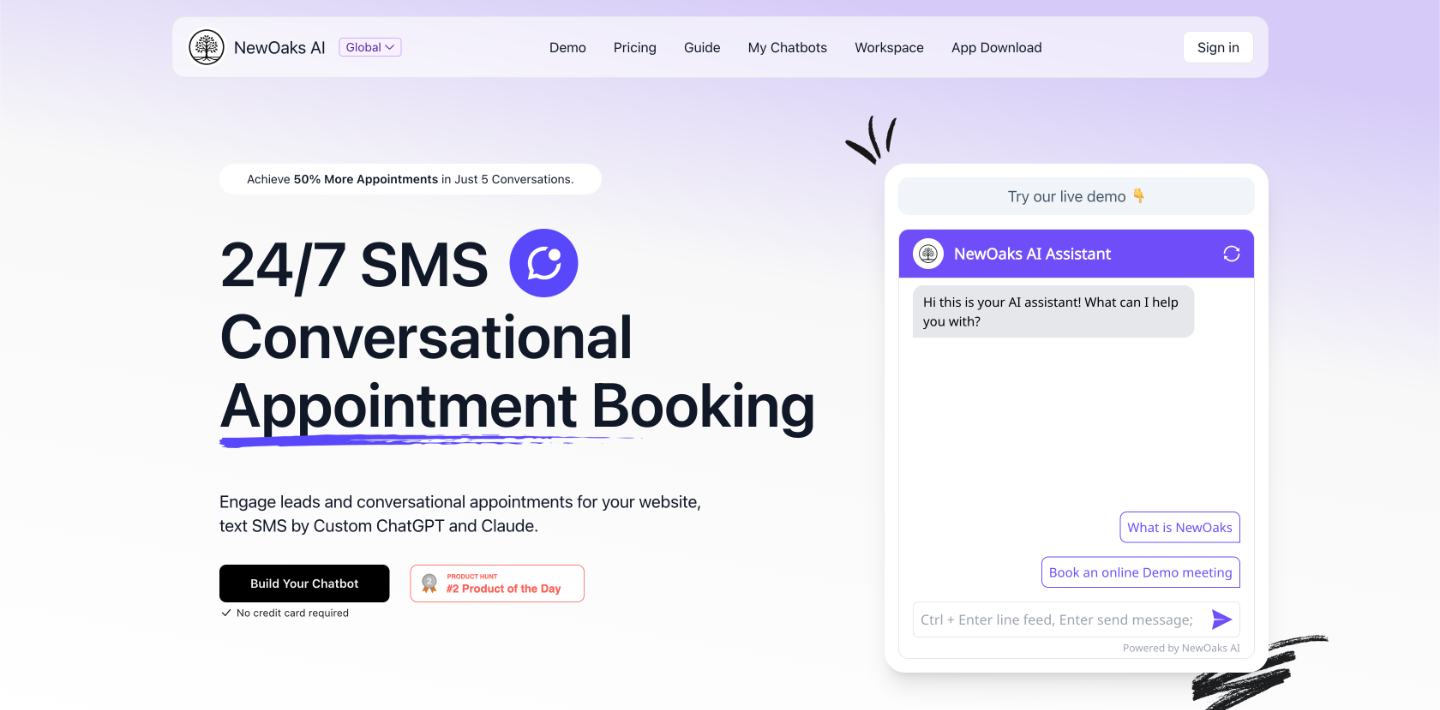A police force in the UK caught up with the digital age in May 2013 as its local patrol, known as ‘Beat Bobbies,’ were issued with GPS trackers so that the public could monitor their movements. The move came after criticism from residents in Tipton, West Midlands, suggested that their force lacked a visible presence in the town.
“I spoke to one resident recently who said he couldn’t remember the last time he saw a beat bobby yet PCs had patrolled his street three times that day,” said Tipton Sergeant Dave Rogers.
Locals can now track their Bobbies on an Official Twitter Feed. But though the move is intended to give reassurance to local residents, it could also aid a less desirable sector of the community.
Who Benefits?
The British Author and PoliticianJohn O’Farrell posed the theory, via Twitter, that the news could be useful to burglars. It’s easy to see why the criminal fraternity could be taking great interest in the announcement.
Each morning, aroute will be Tweeted via the official feed which allows any viewer to see the intended movements of an individual cop over the course of that day. If you were planning to commit a crime in that vicinity, you now have the perfect advance warning that keeps you active elsewhere and out of custody.
The force in question was quick to point out that not all routes are made public and that a number of plainclothes officers are also on duty. So the burglar doesn’t know every single movement of every bobby—but the routes published still tell them exactly where to avoid.
Criminals and Social Media
It would be wrong to assume that professional thieves are inept when it comes to using Social Media. For many it is a valuable tool, and a2011 survey claimed that 75% of thieves took advantage of Twitter or a similar website to track the movements of their potential victims.
Anyone careless enough to broadcast details of a vacation or a business trip could find themselves vulnerable to a criminal body that had embraced the digital age. Back in 2009, Arizona resident Israel Hyman was convinced that his Twitter feed was directly responsible for asubstantial burglary at his own home. Mr. Hyman’s timeline revealed his exact movements as he set out on vacation, and his is far from an isolated incident.
Back in the UK, local police are now issuing warnings about the dangers of social media for anyone away from their property for a period of time. But are the cops in Tipton helping the law-abiding, or are they aiding the crooks?
It’s All About Information
Thieves benefit from social media and from the internet in general by gathering as much information as they can. Being careless with your tweets and Facebook updates may make you a target, and that’s where criminals can start to establish a potential victim.
From here, your professional, tech-savvy burglar will complete the information picture, and they can do this in a number of ways. The same survey that claimed 75% use of social media by criminals also revealed that a proportion utilize Google Streetview to zoom in and check on an individual property – a handy tool to spot home security devices (or the lack of them!)
Tipton Police’s use of GPS trackers will, for some, be another useful piece of the information jigsaw and potential homes on declared routes can be avoided. That may keep those properties safe for another day but it could also safeguard criminals against arrest and keep them active in your neighborhood.
Police in the Community
Police Forces across the world have found it difficult to maintain a positive presence in the community while keeping on top of crime. It’s a delicate balance and one that is perfectly illustrated in the UK by the annual Notting Hill Carnival where press pictures show a mix of police arrests and cops joining in the fun.
Other methods have been tried and from Manchester, UK toManchester Connecticut, forces have issued collector cards to distribute amongst local children. Tipton’s move is just a digital extension of those efforts to be part of the Community—but just how do Twitter followers use official police feeds? In the same way that motorists can check the morning updates to find the latest speed traps, burglars can now monitor police GPS and identify which areas to avoid.
The Tipton scheme is referred to as a pilot but could it ever catch on in the US where forces already have a large and active Social Media presence? If so, who does it really serve?
This guest post was written by Kevin Raposo, a blogger for SimpliSafe Security Systems. Kevin covers issues related to home security, crime, and tech. When he’s not writing, you can usually find him on the basketball court trying to improve his jump shot or playing music with friends. SimpliSafe is a leader in the wireless home security field.














